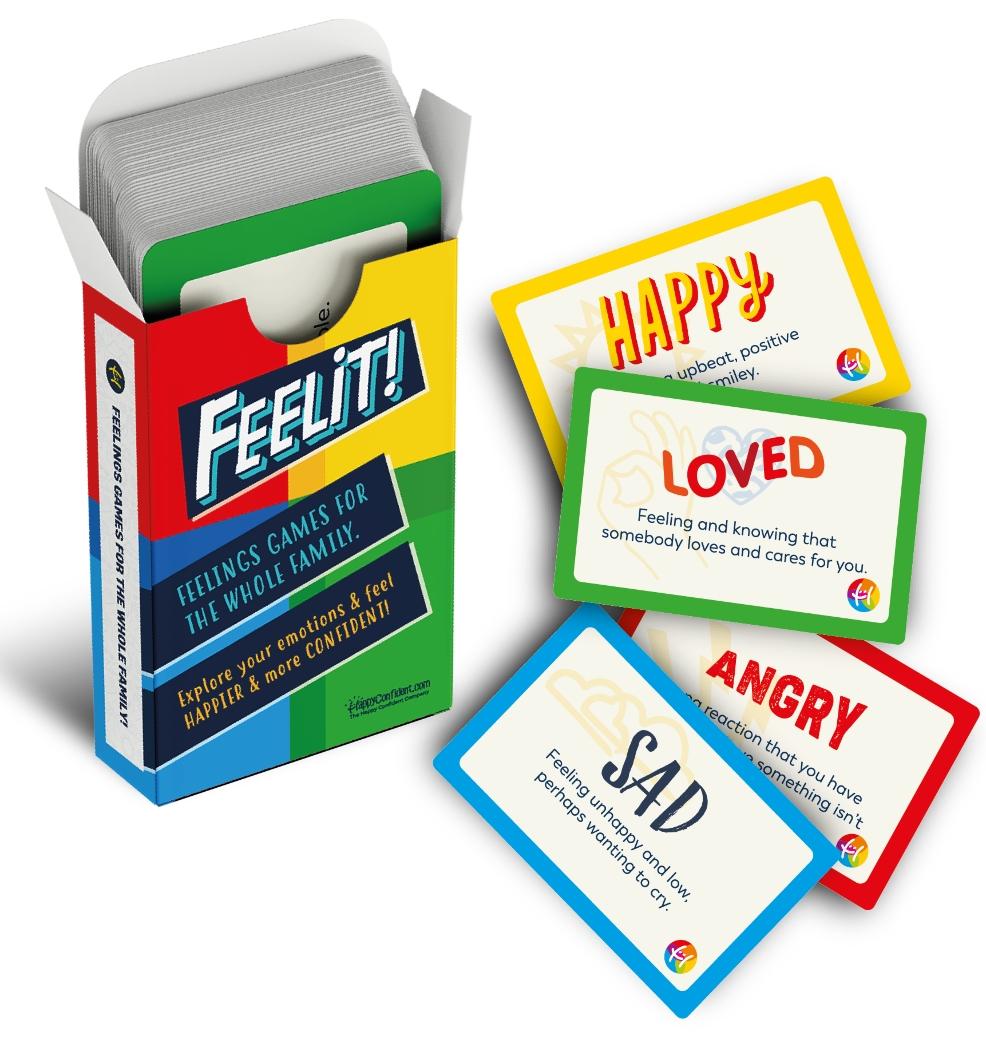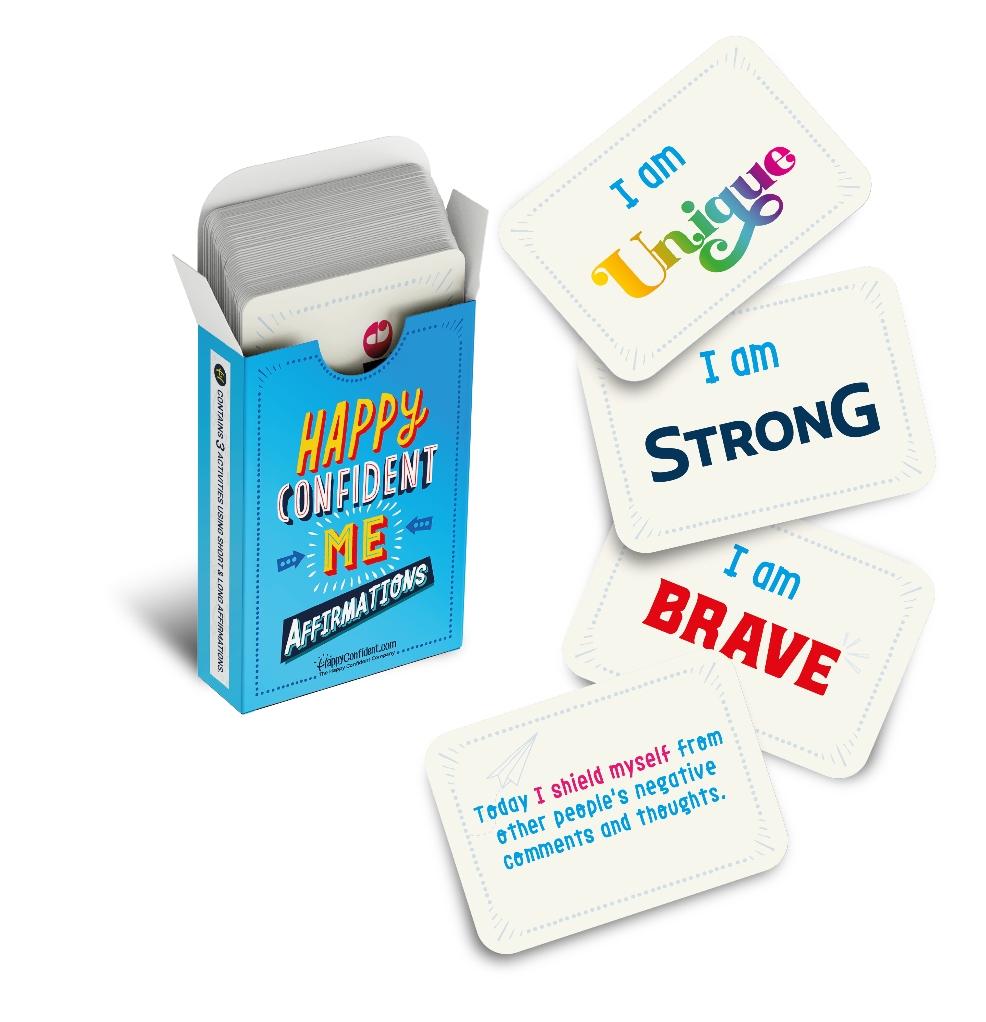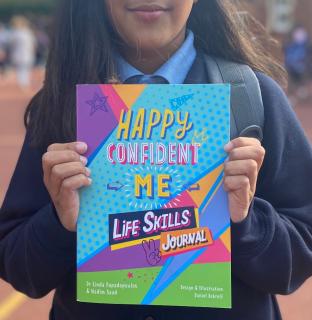
Is your child struggling with tough emotions?
In challenging times where emotions run high, such as the outbreak of war, pandemic, family bereavement, and illness, having strong emotional literacy and the ability to regulate our emotions makes a huge difference in our ability to cope.
So, how can we best help our kids manage their emotions?
Learning how to process difficult emotions is a skill, and it takes practice. For adults this can be tough, and for children even tougher as they're even more prone to emotional overwhelm.
Without realising it, parents will often make processing emotions even tougher for their children due to a tendency to want to ‘save’ children from unpleasant feelings. This is commonly done by ‘minimising’ feelings – for example “big kids don’t cry!” or “it’s not that bad!” or “stop being angry!”.
As parents we also have a tendency to ‘fix’ things to ‘protect’ our children, and this can also create a greater issue. In fixing, protecting, and minimising, children believe that they ‘shouldn’t’ feel the way they’re feeling, and will often, therefore, wrongly perceive that difficult feelings are problematic. That having them, isn't normal. That they shouldn’t be feeling that way.
They then attempt to suppress these feelings, believing them to be ‘bad for them’. In the act of deflection, they are, in fact, removing some of their cognitive ability – busying the brain with the act of suppression. And feelings don’t just go away, they come out in other behaviours if they are suppressed.
This suppression also causes a greater issue, with a long-term consequence. Through deflection and suppression, children don’t learn to deal with unpleasant feelings. They begin to look for quick fixes through avoidance (gaming, social media, TV, or sport) to replace their unpleasant feelings. What they are not doing is learning to recognise them, understand them, label them, express them, and regulate them.
So, how can we teach children how to do this to better manage uncomfortable feelings and get back to their happier selves?
Firstly, it's key to take a more compassionate perspective on situations. Realise that in any given situation, both you and your child have good intentions and we are all doing the best we can with the information, tools, and training that we have. When our kids behave even in unacceptable ways, they are doing it because they have an unmet need (such as attention/connection, love or safety) that they don’t know how to express in an ‘effective’ way.
As parents, guides, and role models for our children, teaching them the art of emotional regulation is critical to help them develop a healthy relationship with themselves. It’s important not only that they understand that all emotions are healthy, but also that in understanding their emotions, and recognising that they are just temporary states, they have the power to shift them.
There are many scholarly articles on the subject of feelings, and there is one, irrefutable scientific fact. When you can identify and name your feelings, it helps you process them better, and feel calmer. This is because we process emotions in the right side of the brain, and when we can name a feeling, we make a connection with the left side of the brain. This act immediately reduces the intensity of the emotion and helps us begin to self-regulate. So, the most effective way of helping your child better deal with emotions is to connect with them using empathy, and then help them name their feelings and shift the uncomfortable ones to more pleasant ones.
However, children usually have a limited vocabulary and understanding of feelings. And we have a tendency as parents to box feelings into headline categories. For example, outbursts are often always described as the all-encompassing ‘anger’. Being able to identify our feelings, at the stage where they start to transition into something more unpleasant, is an incredible life skill. Helping our kids understand the intricacies of their feelings and their triggers, giving them a wider vocabulary and understanding of complex emotions will help them to learn the skill of regulation.
TOOLS TO HELP
FEELIT
Help understand, identify, and express 50 different feelings with FEELIT.
Help your children to increase their emotional vocabulary through gameplay and learn the skill of emotional regulation through playing the Shift It game. This pack of cards will help your kids learn:
- That all feelings are temporary
- They can have multiple feelings at the same time
- To explore feelings through comfort and energy levels
- That they can shift uncomfortable feelings when they are ready
AFFIRMATIONS
Set positive intentions with our daily Affirmations Cards for the whole family.
With 25 short and 25 long affirmations cards in every pack these create a positive morning and evening ritual that helps children through:
- Reflecting on their emotional needs
- Setting daily intentions
- Developing positive self-esteem
- Reducing anxiety and fears
Other Parenting Articles for you
New 'Life Skills Journal' launched by the Happy Confident Company
Childline launches mental health campaign aimed at boys
Pressure to be ‘perfect’ causes mental health issues for teenage girls, research shows



















